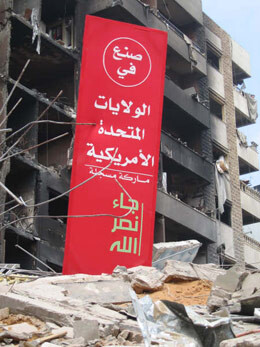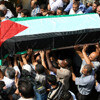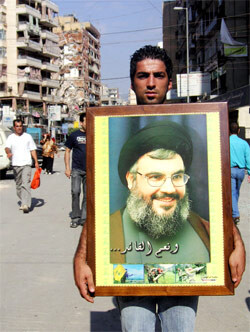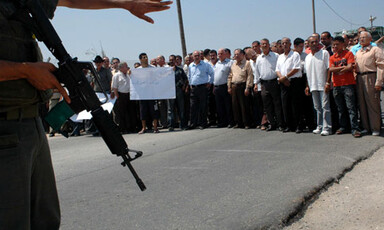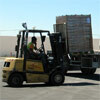
"The noose is tightening around Gaza"
4 October 2007
JERUSALEM, 3 October (IRIN) - The UN has expressed renewed concern over the state of the Gaza Strip’s border crossings, saying that, if realized, the Israeli threat of increased restrictions would most likely lead to a humanitarian crisis in the impoverished enclave. “In the last three months, the arrival of 106 truckloads of supplies per working day has ensured that there has not been a humanitarian crisis among the Gazan population. This could not be guaranteed with increased restrictions on the border crossings,” a recent statement by UN Office for the Coordination of Humanitarian Affairs (OCHA) said. Read more about "The noose is tightening around Gaza"

